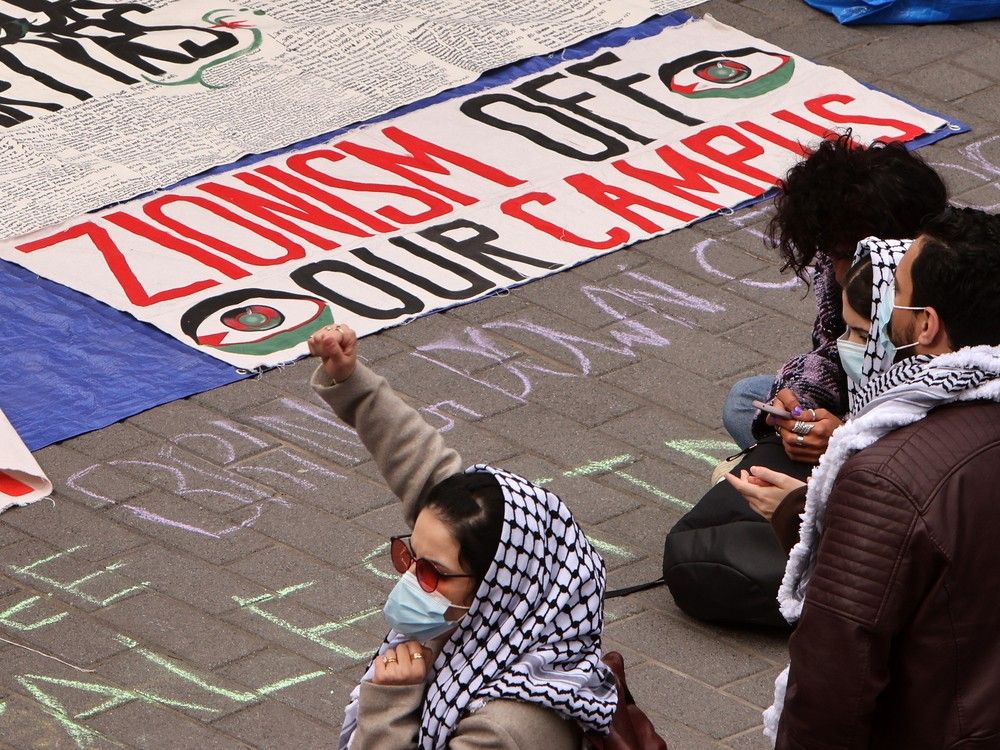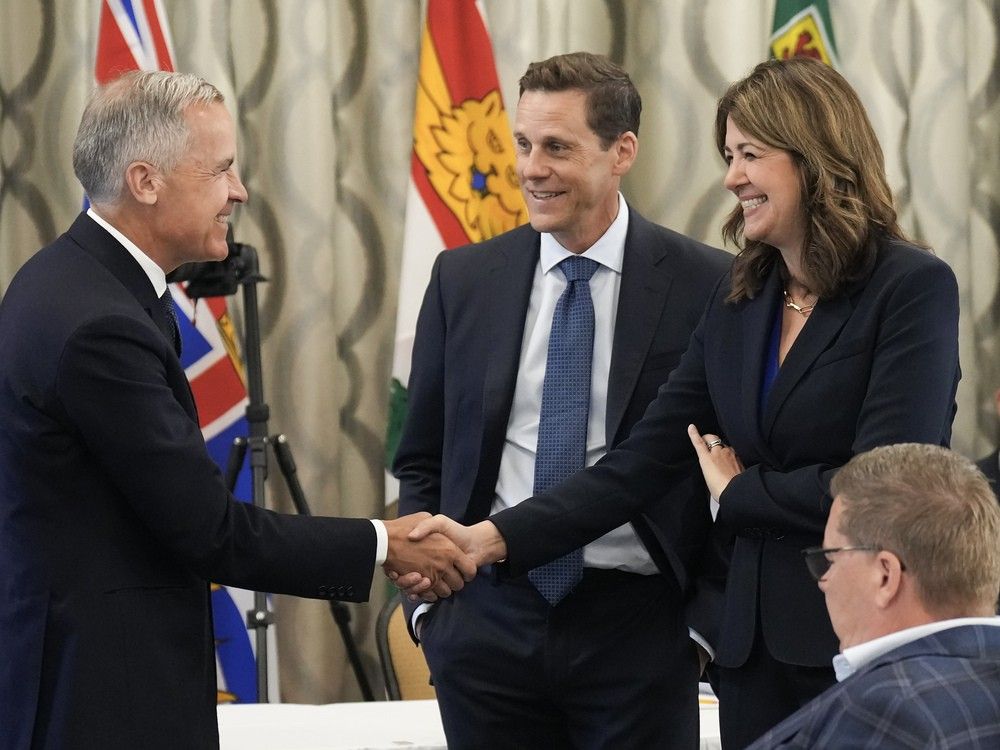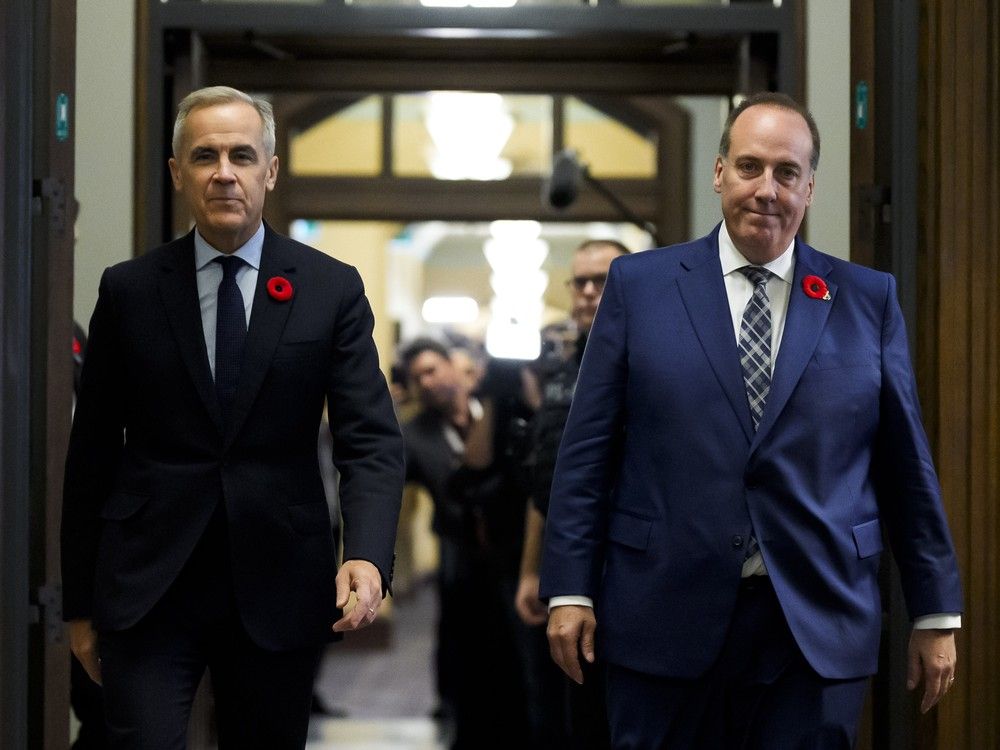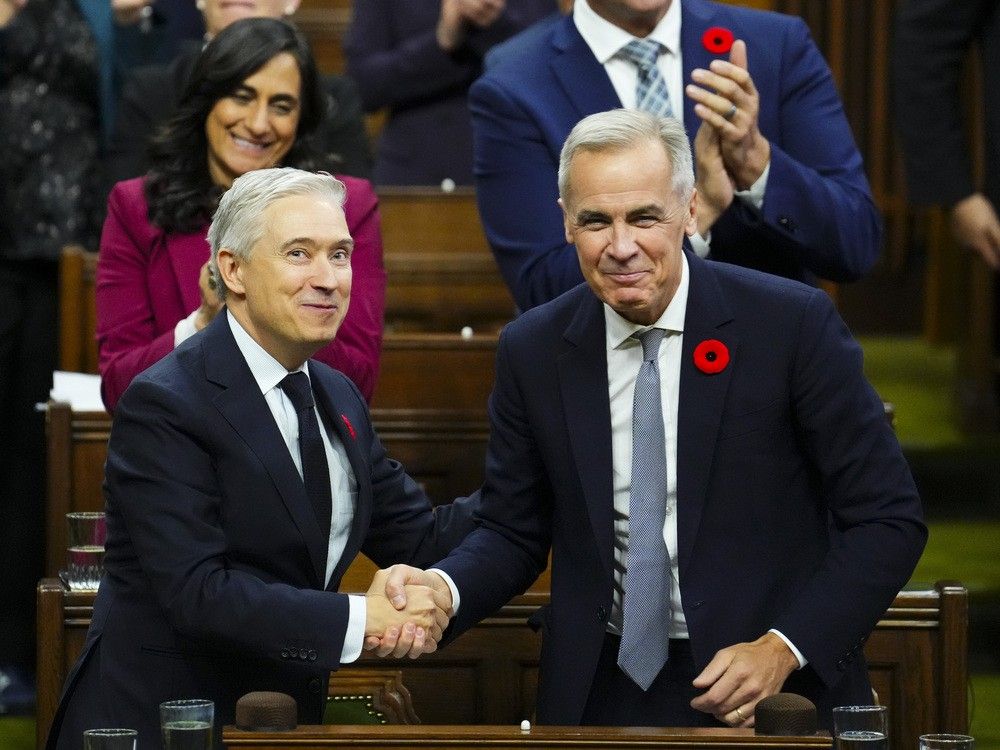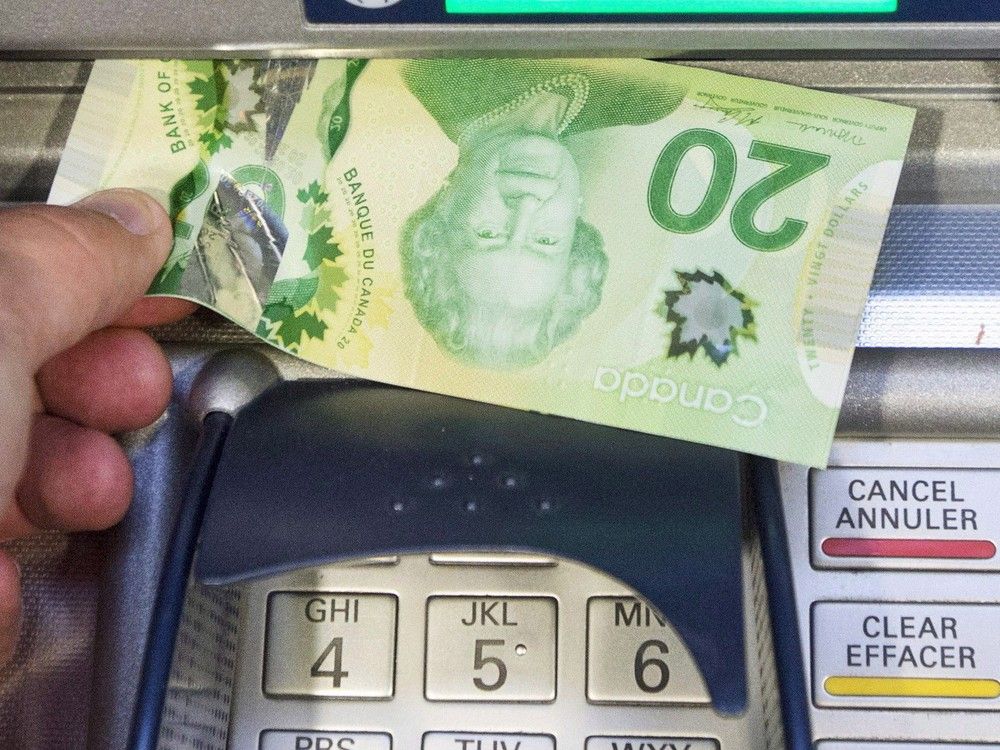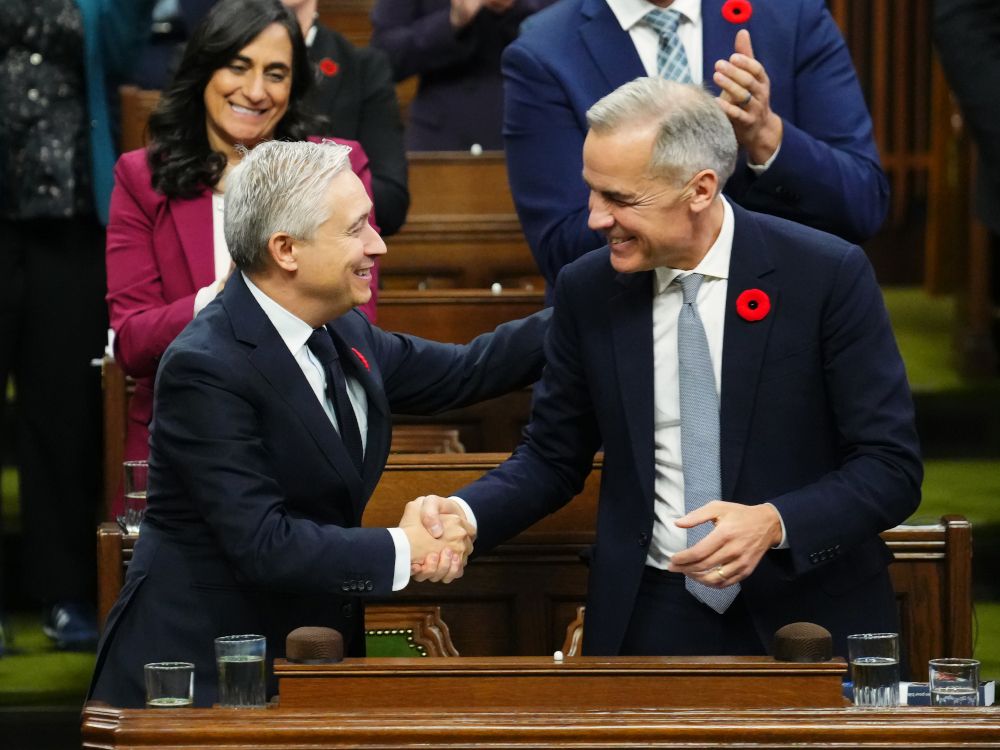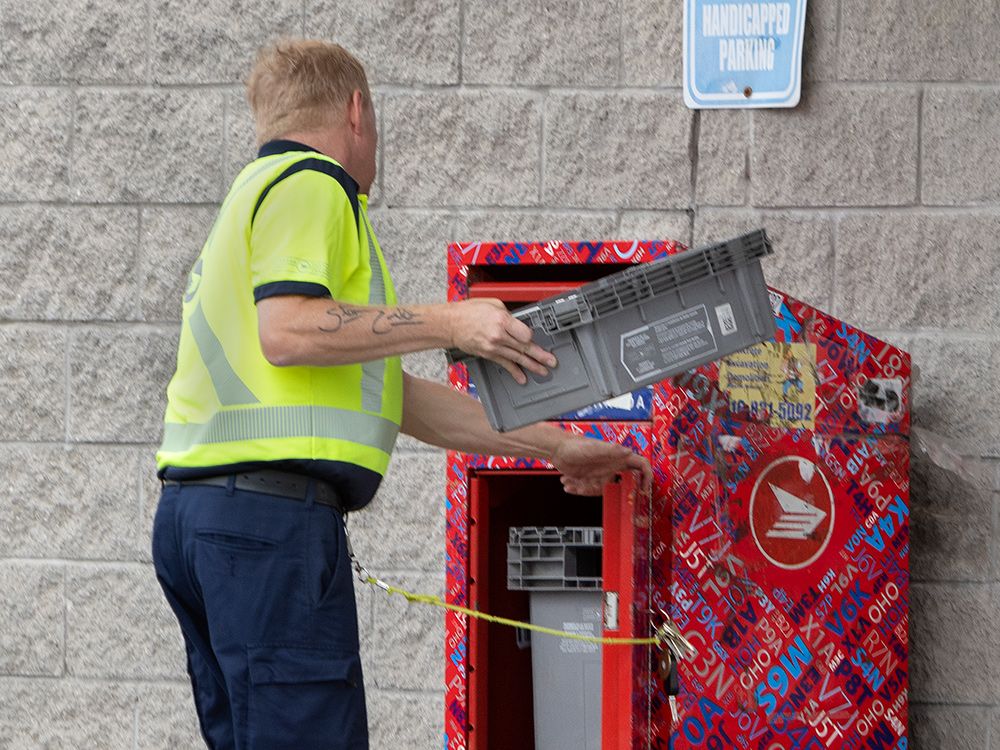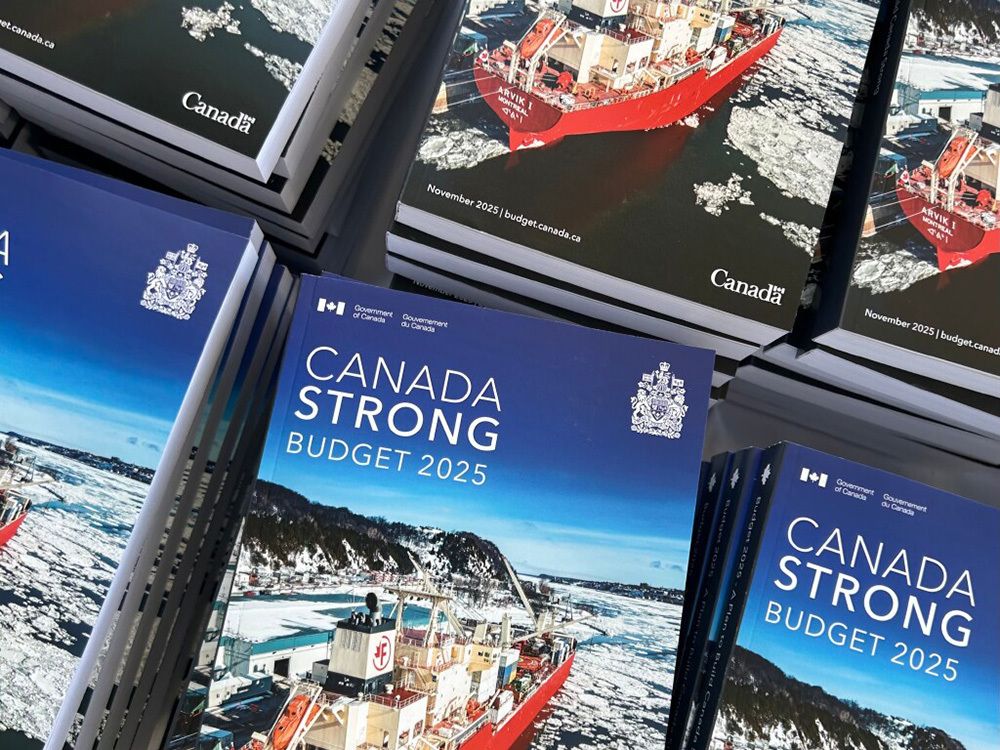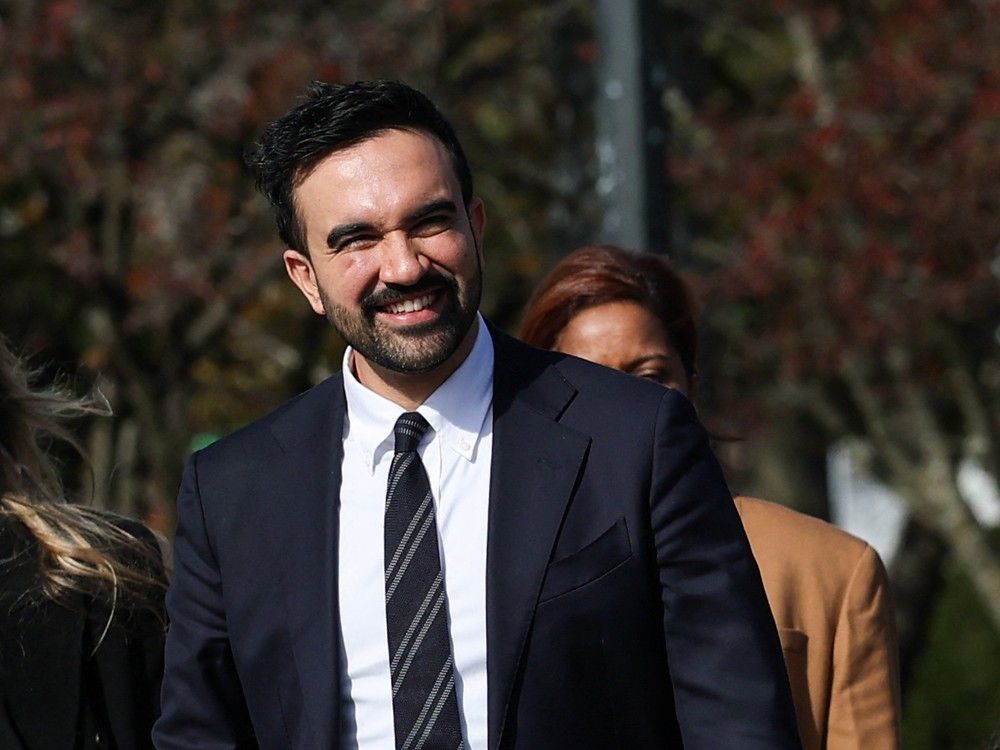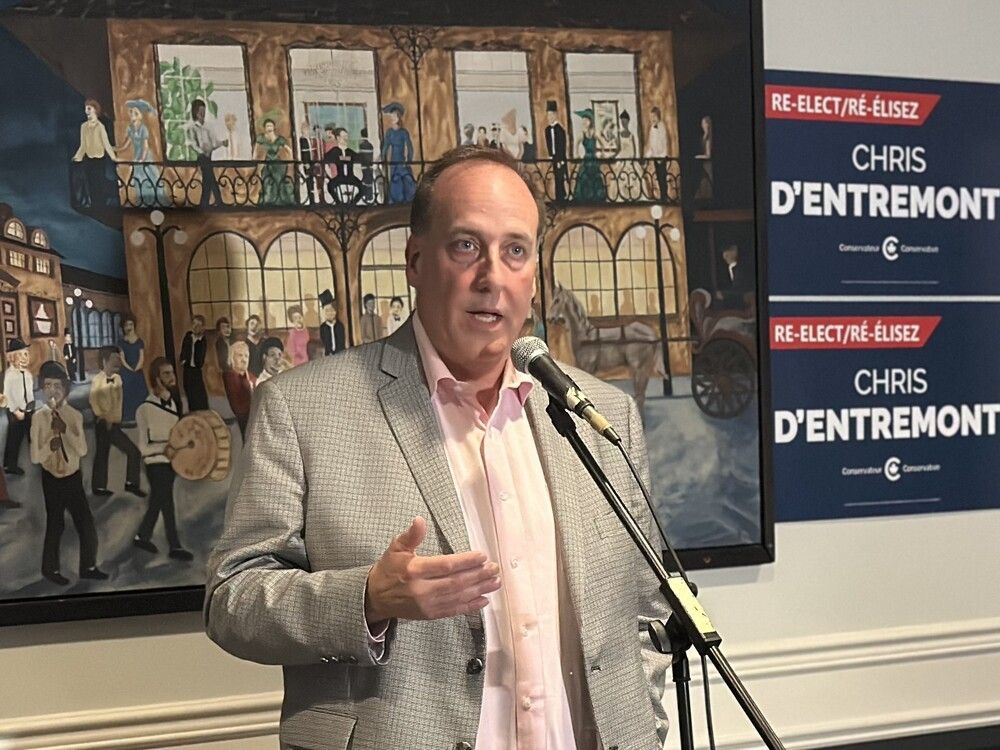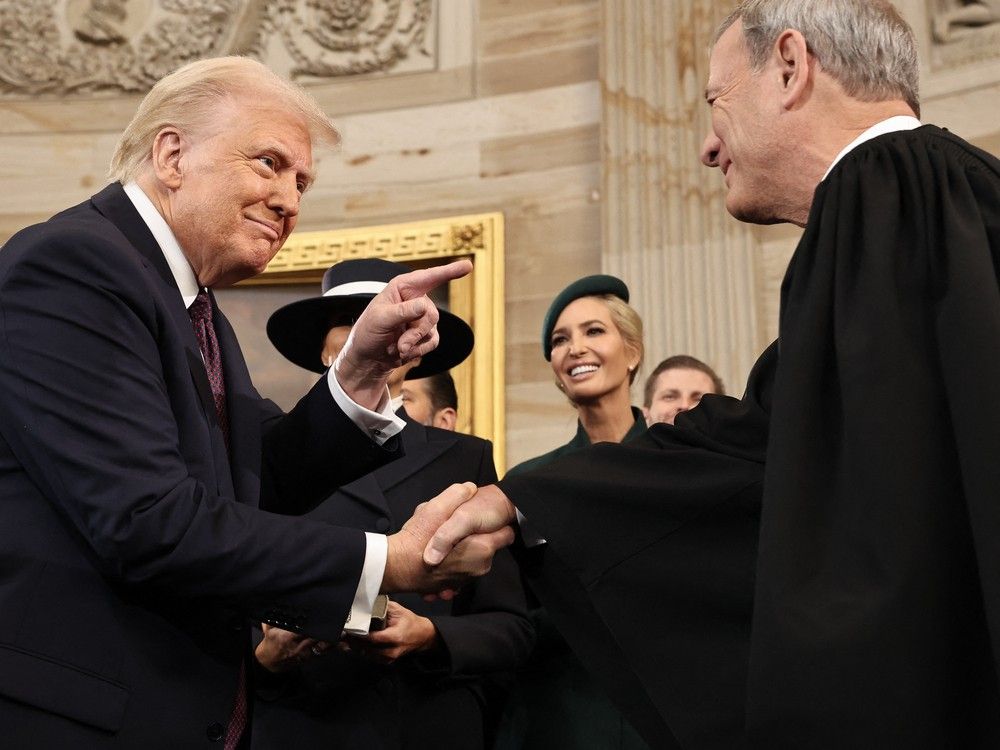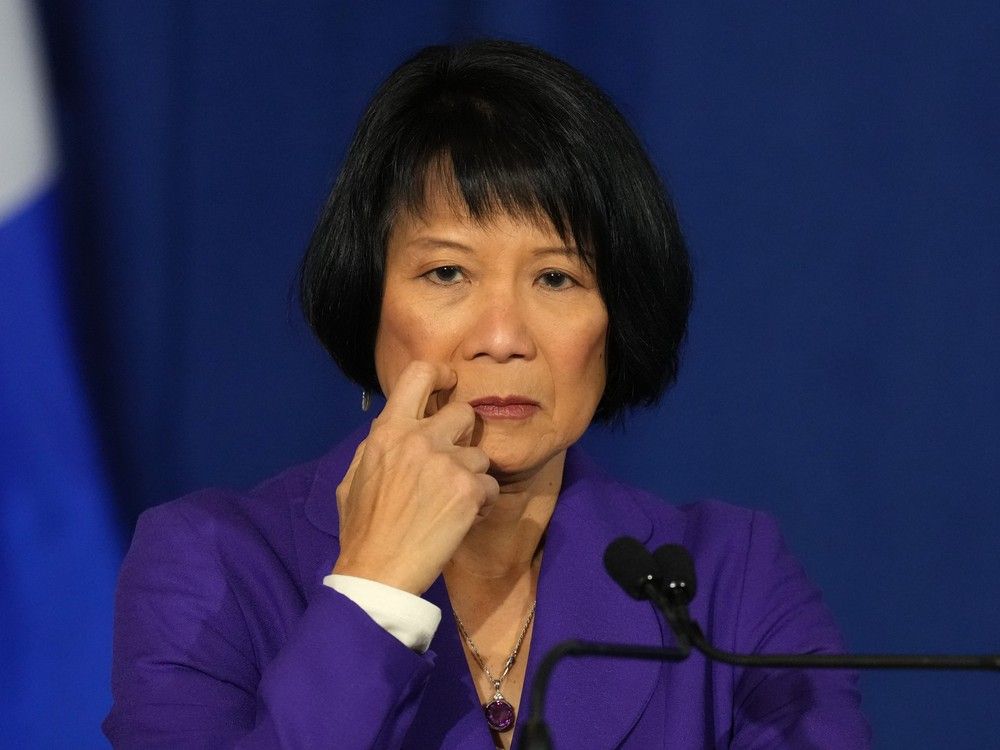
While Torontonians are evenly split on their mayor’s handling of the job, the proportion who strongly disapprove of Olivia Chow’s performance is rising, according to a
Older Torontonians also feel differently than younger ones about Chow’s performance.
The poll found that as many Metro Toronto residents generally approve (43 per cent) or disapprove (43 per cent) of the way Chow has managed the city’s affairs. In a June poll, 48 per cent of people approved of her performance.
The proportion that strongly disapprove (27 per cent) is up 10 points since then — now triple the nine per cent who strongly approve.
“These are unprecedented times and affordability is a huge issue across the board in this country and province, housing in particular in Toronto,” said Jennifer McLeod Macey, Leger’s senior vice-president of public affairs.
“When we look at affordability, any mayor is going to have a honeymoon phase, and that honeymoon phase on affordability is going to be short,” she said.
“People want to see change they can feel, not just hear. I think perhaps not enough has happened since June.”
“(Chow’s) approval is solid. It’s just now that it’s evenly matched by disapproval. And I think in this case, what’s standing out is the increase in strong disapproval,” McLeod Macey said.
A former NDP member of parliament, Chow was elected mayor of Canada’s largest city in 2023 following the sudden resignation of John Tory over an affair with a political staffer only a few short months after winning his third term. Chow took a previous run for the post in 2014, placing third behind Doug Ford, now premier of Ontario, and Tory, who became mayor.
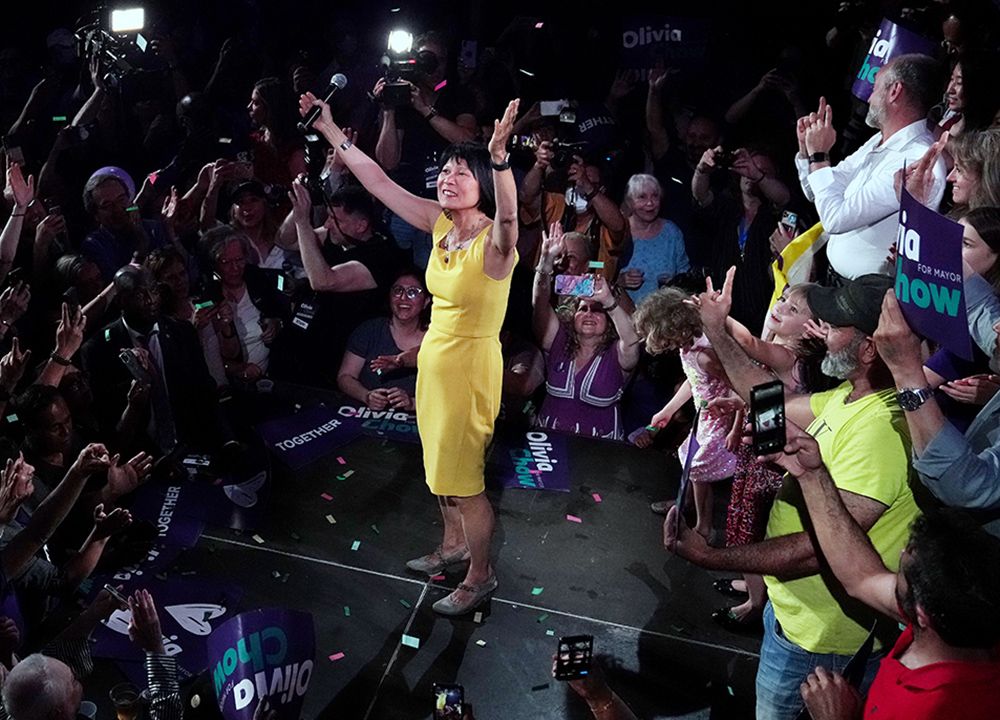
Chow campaigned on a pledge to work to build a city “more caring, affordable and safe.” In a city where half rent their homes, Chow promised to fight renovictions, boost support for renters and build more affordable rental homes.
She’s pushed back against the Ford government’s plan to restrict bike lanes and ban speed cameras. “Do we just let them rip away our best tool for protecting our kids,” Chow asked at a recent school safety zone summit.
This week,
she faced backlash for comments on Israel and Gaza
made at a weekend fundraising gala held by the National Council of Canadian Muslims. In a brief clip circulating on social media, Chow said, “the genocide in Gaza impacts us all.”
“A common bond to shared humanity is tested and I will speak out when children anywhere are feeling the pain and violence and hunger,” she added.
In a social media post, Tafsik Organization, a Canadian Jewish civil rights group, denounced Chow’s comments as “disgraceful, reckless and dangerously irresponsible.”
Leger’s survey measuring Chow’s approval was part of a
broader Leger poll on Ontario politics
that found Ontarians are growing more pessimistic, with the majority convinced their province is heading in the wrong direction.
When Metro Toronto respondents were asked their opinion of Chow’s performance, 43 per cent strongly (nine per cent) or somewhat (34 per cent) said they approve of the way she has performed in her job, while 43 per cent somewhat (16 per cent) or strongly (27 per cent) disapproved. Fourteen per cent said they weren’t sure how they felt, up four points.
Those age 35 and older were more likely to dislike Chow’s handling of municipal affairs since becoming Toronto’s 66th mayor, “while young adults 18-34 are more likely to have soft approval,” Leger reported. Forty-five per cent of the 18-34 age cohort said they “somewhat approve” of Chow’s performance, compared to just 28 per cent of the 55-plus group.
Fifty-nine per cent of those 55 and older were somewhat (24 per cent) or strongly (35 per cent) unhappy with Chow’s performance as mayor.
“Younger Torontonians like the ideas. Older Torontonians want to see the delivery,” McLeod Macey said.
“I think it comes down to what she stands for. So, affordability, housing — it’s the younger Torontonians who are feeling the crunch more than those who are older,” McLeod Macey said. “It’s more her empathy and compassion in this space that speaks directly to them. Older Torontonians are perhaps more likely to be established, to have a home and not be feeling the higher cost of living as painfully.
“The older you are than 35, the more skeptical you’re going to be. It’s a generational divide in terms of patience,” McLeod Macey said. “But housing is Chow’s strong suit. And Torontonians are still behind her on that.”
Those who endorsed Chow’s performance were more likely to support housing policies like freezing rent increases for one year in cities where rents rise more than five per cent annually, or clearing homeless encampments only if alternative shelter or housing is available for everyone who is displaced.
Overall, women were twice as likely (18 per cent) as men (nine per cent) to say they were unsure how they felt about Chow.
Toronto’s next mayoral election will be held Oct. 26, 2026.
The polling was conducted between Oct. 10 and 13 and Oct. 17 and 20, among an online survey of 1,052 Ontario residents aged 18 and older. The sample included 461 Greater Toronto Area residents and 591 Toronto (metro) residents.
While no margin of error can be associated with a non-probability sample (a web panel in this case), for comparative purposes, a probability sample of 1,052 respondents would have a margin of error of plus or minus three per cent, 19 times out of 20.
National Post
Our website is the place for the latest breaking news, exclusive scoops, longreads and provocative commentary. Please bookmark nationalpost.com and sign up for our daily newsletter, Posted, here.




